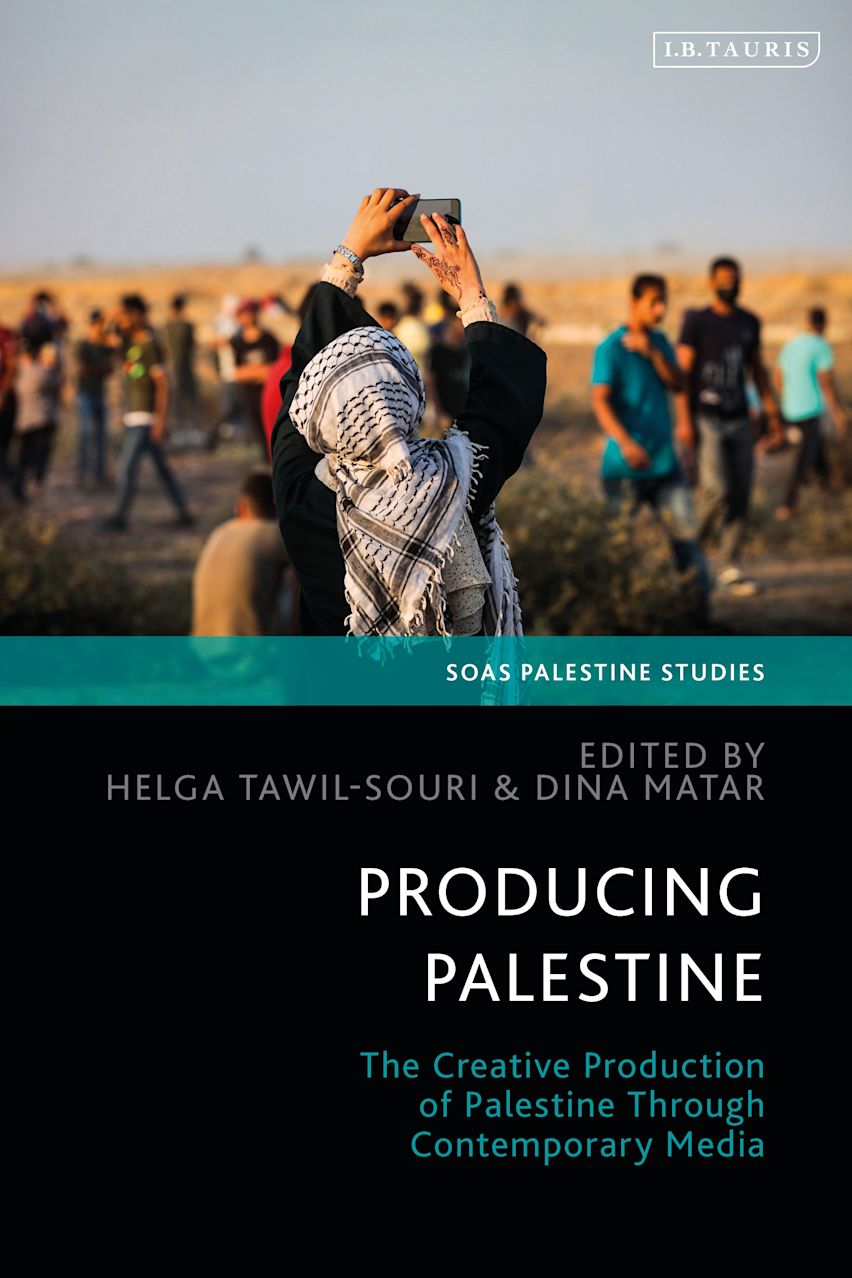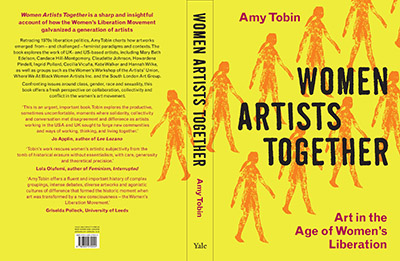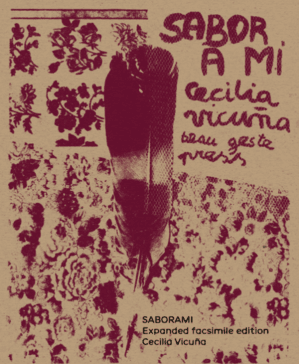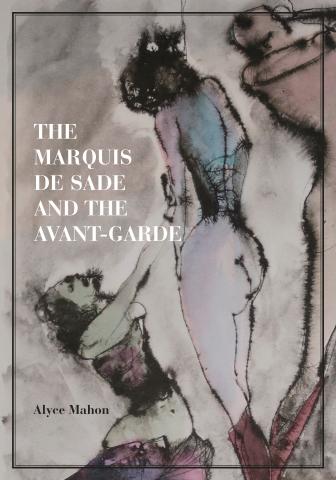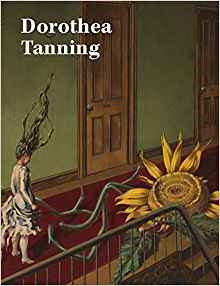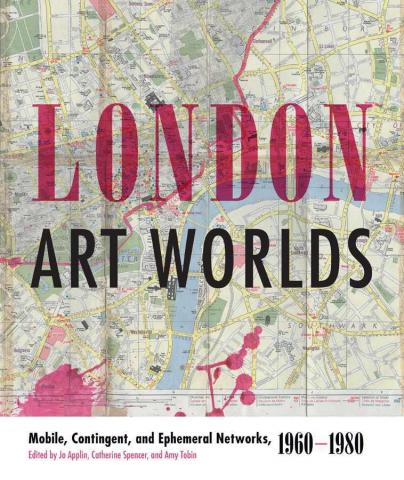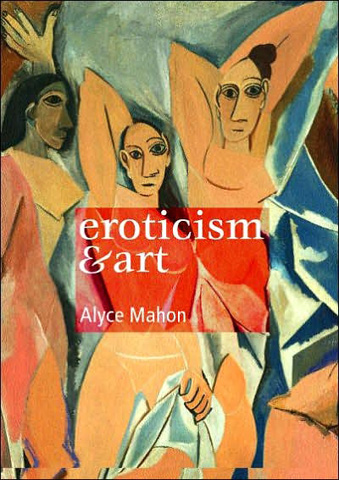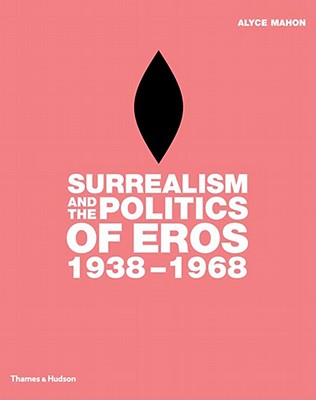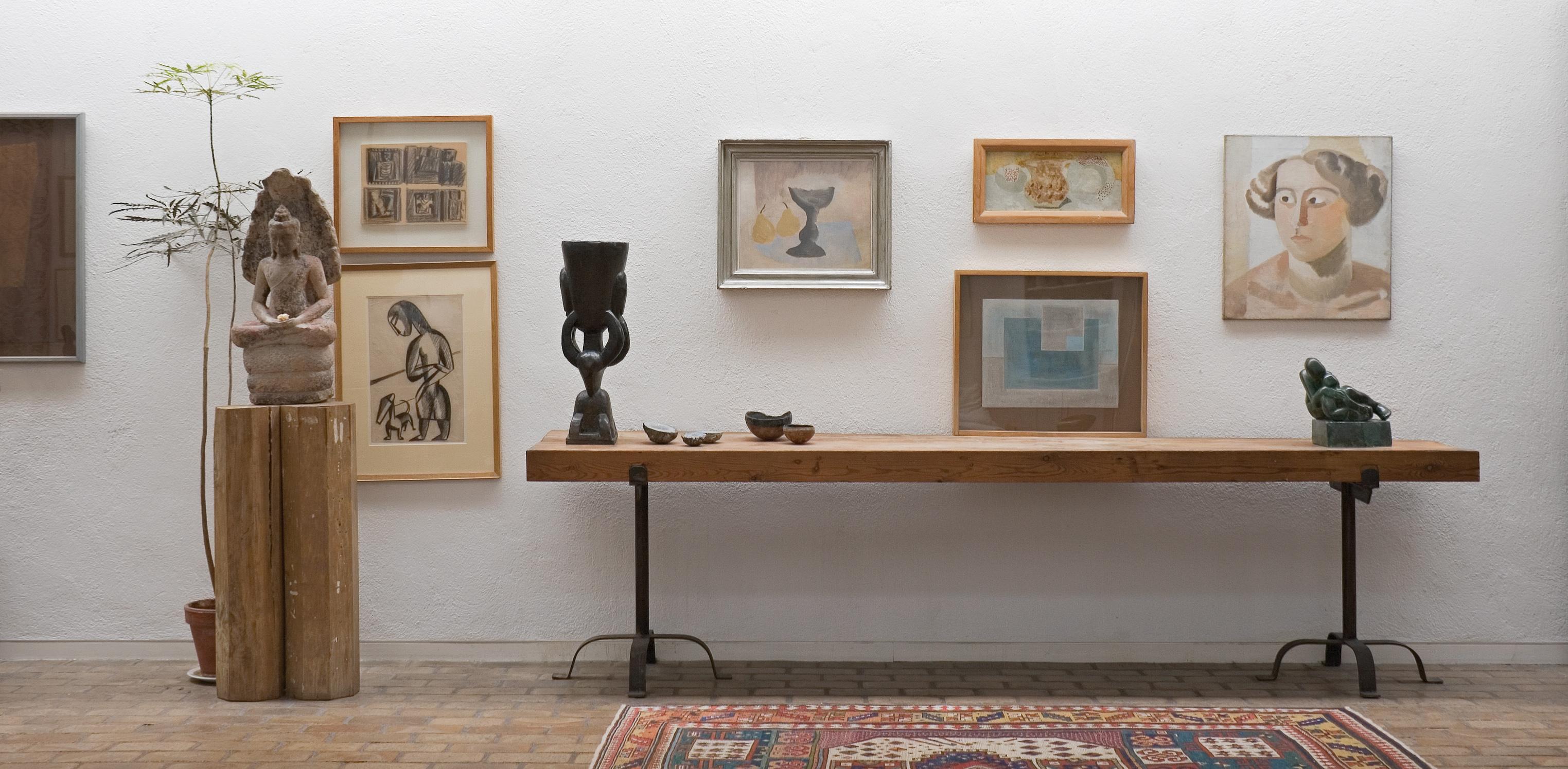
Dr Kareem Estefan, Professor Alyce Mahon, Dr Xin Peng and Dr Amy Tobin
Modern and Contemporary Art and film is a rapidly growing research area for the History of Art department. The subject was consolidated in the year 2000 when Professor Alyce Mahon joined the Department and has been expanded with the appointment of Dr Amy Tobin in 2017 and Dr Estefan and Dr Peng in 2022. Dr Tobin holds a joint post between the Department and Kettle’s Yard Gallery, while Drs Estefan and Peng were jointly appointed with the Centre for Film and Screen Studies. Their positions have expanded the range of our research profile and provide a concrete connection to the primary space for Modern and Contemporary Art in Cambridge, as well as the opportunity for research undertaken in the department to inform exhibitions. We also have strong links with the Fitzwilliam Museum, the Heong Gallery, Downing College, the Women’s Art Collection at Murray Edwards, and with institutions outside the University including David Parr House, and Wysing Arts Centre.
Our specialisms range across the Modern and Contemporary periods, with particular strengths in the politics of visual culture, feminist art and its histories, film histories, artist moving image, gender and sexuality, the Global histories and legacies of surrealism, curating and display.
We regularly work with major institutions on exhibition- and collections-based research, as well as contributing writing to leading publications internationally. Visit our staff pages to learn more about publications and outputs.
Dr Estefan’s research focuses on contemporary Palestinian and Arab visual culture, especially artists’ moving image works, in relation to questions of memory and archives, witnessing and digital media, fabulation and worldbuilding. He also lectures on decolonial and postcolonial studies, global film histories, and theories of visual culture.
Professor Mahon is a specialist in Surrealism and its legacies, Modern and Contemporary Art and Theory, as well as the history and politics of Erotic Art from the Enlightenment to the present. She serves on the board of the International Society for the Study of Surrealism [ISSS] and is the inaugural co-editor of the International Journal of Surrealism [IJS] published by Minnesota University Press. Her publications mainly focus on the avant-garde and art as activism and include the four books Surrealism and the Politics of Eros, 1938-1968 (2005), Eroticism & Art (2005 & 2007), The Marquis de Sade and the Avant-Garde (2020 & 2025), and Dorothea Tanning: A Surrealist World (2025). In addition to writings for global art exhibition catalogues, her work as curator includes the major exhibitions SADE: Freedom or Evil for the Centre de Cultura Contemporània de Barcelona (2023), and Dorothea Tanning: Behind the Door, Another Invisible Door for the Museo Reina Sofia and the Tate Modern (2018-2019) in addition to serving as Curatorial Advisor for Ithell Colquhoun: Between Worlds (Tate St Ives & Tate Britain, 2025), and Leonor Fini: Theatre of Desire 1930-1990 (Museum of Sex, New York, 2018- 2019).
Dr Peng works primarily on early- to mid-20th century American film history, media technologies (especially telecommunications), and racialised labour. She’s published on talkies and early Asian American movie stars Anna May Wong and Sessue Hayakawa; early Technicolor and Hollywood Orientalism; 1930s Busby Berkeley musical and racial capitalism; film historiography in relation to newsreel outtakes and lost silent film; and the “first” Chinese film actress, Yan Shanshan. She is now writing a book-length media history of San Francisco’s Chinatown telephone exchange (c. 1894-1949) and its operators. An essay based on materials from this project, “‘The Chinaman and His Phone’: Noise, Gibberish, and the Telephone’s Social Use,” has won the Race and Histories of Technology Prize from the Society for the History of Technology (SHOT) in 2024.
Dr Tobin’s research has focused on art and feminism in the 1970s, particularly in relation to collaboration and collectivity. She is broadly interested in activist and experimental practices as well as questions around art and representation, from identity politics to technologies of reproduction. Her work has also concerned the historiography of art history, including thinking trans studies for art history, and alternative methods such as community learning and oral history. She is also a practicing curator and involved in historizing exhibitions, publications and alternative art worlds.
Associated Research Staff:
- Dr Rachel Coombes
- Dr Saul Nelson
- Dr Claudia Tobin
- Dr Mary-Ann Middelkoop
- Habda Rashid
- Dr Inga Fraser

